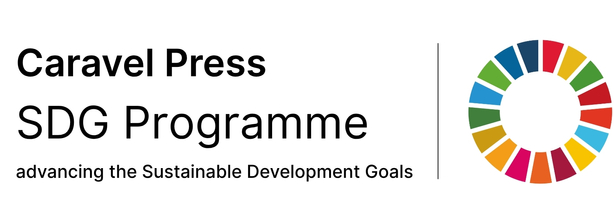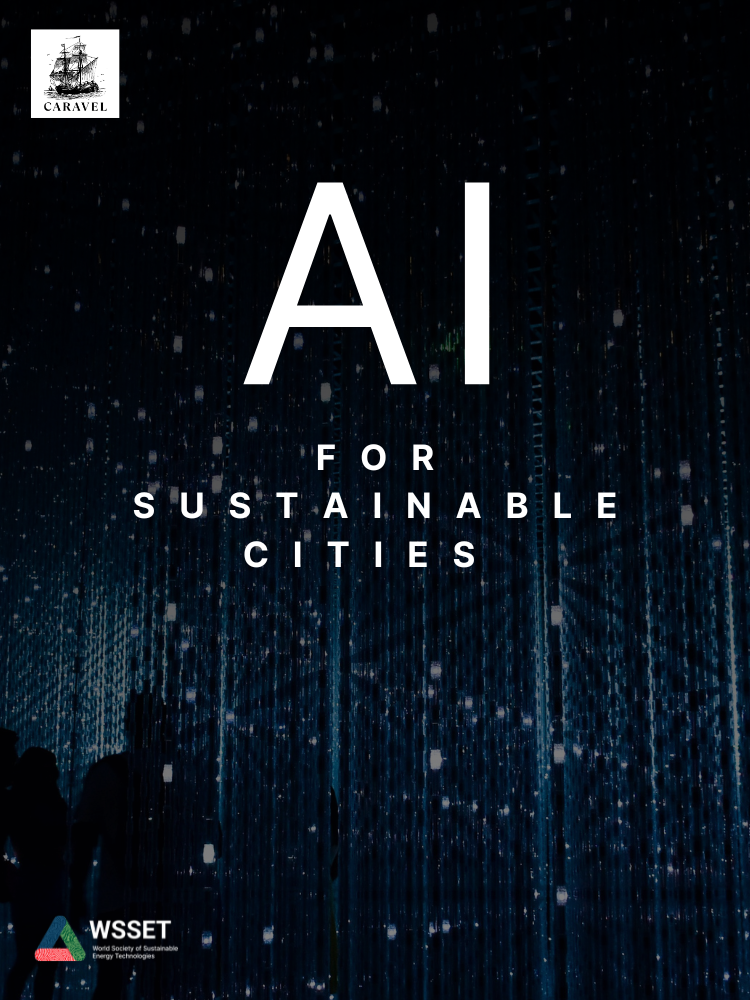
This journal publishes research related to SDG 9 - Industry, Innovation and Infrastructure and SDG 11 - Sustainable Cities and Communities.
This policy defines the standards and expectations governing the responsible use of artificial intelligence (AI) tools in the preparation, review, and editorial management of academic manuscripts. Its purpose is to uphold academic integrity, ensure transparency in the research process, and maintain the trustworthiness and credibility of scholarly communication.
The policy applies to all stakeholders in the publication process—authors, reviewers, and editors—and aligns with recognised principles of research ethics as endorsed by organisations such as COPE (Committee on Publication Ethics), Elsevier, Springer Nature, and other major indexing bodies.
These guidelines cover the use of generative or assistive AI systems that produce or manipulate text, data, images, or other forms of scholarly content based on user input or datasets. This includes, but is not limited to:
Large Language Models (LLMs) and chat-based tools (e.g. ChatGPT, Claude, Gemini).
Image and figure generation tools.
Code generation or statistical analysis assistants.
Automated summarisation, translation, and referencing tools.
The policy applies to all stages of the publication process, including manuscript preparation, peer review, editorial decision-making, and post-publication revisions.
Integrity and Originality:
AI tools must support, not replace, the intellectual and analytical input of researchers. The creation of false data, fabricated findings, or misleading information using AI is strictly prohibited.
Accountability:
The submitting author (corresponding author) remains fully responsible for the accuracy, validity, and originality of all content in the manuscript—regardless of the extent of AI involvement.
Transparency:
Any use of AI in the research or writing process must be openly declared to ensure reproducibility and ethical transparency.
Data Protection and Confidentiality:
Sensitive or unpublished material, including data from peer review or human subjects, must not be uploaded to AI systems unless the tool provides adequate data protection and complies with institutional and privacy regulations (e.g. GDPR).
The following uses of AI are considered acceptable when properly disclosed:
Language and Style Enhancement: Correcting grammar, spelling, and syntax to improve readability, without altering meaning or interpretation.
Formatting and Visualisation: Generating figures, tables, or diagrams from verified datasets, provided all sources are cited.
Idea Structuring: Using AI for brainstorming, outlining, or summarising established literature, provided the final analysis and interpretation are authored by humans.
Reference Organisation: Employing automated reference management tools for citation formatting or bibliographic organisation.
The following practices constitute violations of research and publication ethics:
Using AI to fabricate or falsify data, results, or references.
Employing AI to rephrase or reproduce published work without citation (plagiarism or self-plagiarism).
Submitting AI-generated text or figures as original scholarly work.
Using AI to simulate peer reviews, editorial comments, or author responses.
Uploading confidential material to AI systems that may store or reuse such data.
AI systems do not qualify as authors or co-authors under established scholarly conventions.
Authorship requires:
Significant intellectual contribution to the conception, design, execution, or interpretation of research.
Responsibility for the accuracy and integrity of the published work.
While AI can support the research process, it cannot claim accountability, consent to publication, or respond to peer review—thus cannot be listed as an author.
Peer Review: Reviewers must not use AI tools to generate full or partial review reports. They may, however, use such tools to check grammar, summarise long sections, or verify factual consistency—provided that confidentiality and critical independence are maintained. Any use must be disclosed to the editorial office.
Editorial Decision-Making: Editors may use AI-assisted plagiarism detection, grammar checking, or image screening tools as part of routine workflow. However, final editorial decisions must always be made by qualified humans.
Authors must include a clear statement in their manuscript describing any AI use. The declaration should identify:
The name and version of the tool used.
The purpose and extent of its use (e.g. language editing, figure generation).
Assurance that the authors take full responsibility for the final manuscript content.
Sample Disclosure Statement:
“Artificial intelligence tools were used solely for grammar and language editing (using [Tool Name, Version]). All data analysis, interpretation, and conclusions were performed by the authors.”
Where no AI tools were used, authors are encouraged to include the statement:
“No generative AI tools were used in the preparation of this manuscript.”
Editors and publishers retain the right to:
Request clarification or detailed disclosure of AI involvement.
Require revision, resubmission, or verification of content suspected to be excessively AI-generated.
Reject or retract manuscripts that violate these guidelines.
Notify affiliated institutions or funding bodies in cases of serious ethical breaches.
Non-compliance with this policy may lead to rejection before publication, retraction after publication, or other corrective actions consistent with COPE recommendations.
Given the rapid evolution of AI technologies, this policy will be periodically reviewed and updated to ensure continued relevance and compliance with international academic standards and indexing requirements (e.g. Scopus, Web of Science). Updates will be communicated to authors, reviewers, and editors as necessary.

This journal publishes research related to SDG 9 - Industry, Innovation and Infrastructure and SDG 11 - Sustainable Cities and Communities.
Artificial Intelligence for Sustainable Cities is supported by the World Society of Sustainable Energy Technologies (WSSET), a non-profit organisation that promotes sustainable development to minimise the impact of climate change and consolidate practical partnerships between academic and industrial organisations. For more information on WSSET and its activities, please visit the WSSET website.
